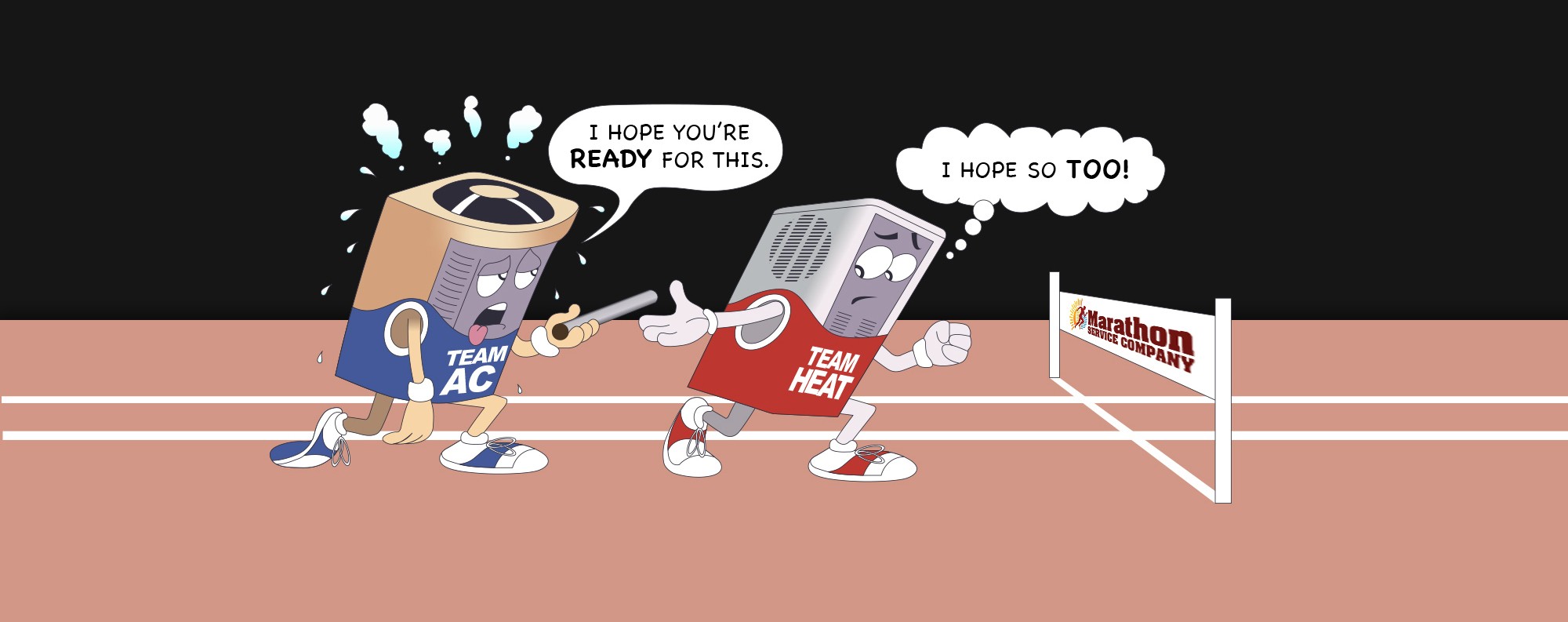Frequently Asked Questions
Have a question we didn’t answer? Contact Us
HVAC stands for Heating, ventilation, and air conditioning, and is the technology of indoor and vehicular environmental comfort. Its goal is to provide thermal comfort and acceptable indoor air quality.
SEER stands for Seasonal Energy Efficiency Ratio. This is the ratio of the cooling output of an air conditioner over a typical cooling season, divided by the energy it uses in Watt-Hours. It may also be called a Seasonal Energy Efficiency Rating.
The acronym stands for British Thermal Unit, which is the unit used to measure thermal (heat) energy. Specifically, it is the amount of energy needed to raise 1 pound of water 1°F at sea level.
Regular HVAC maintenance is said to reduce the risk of costly breakdowns by as much as 95%. Cut energy bills! Preventive maintenance helps ensure that your HVAC system runs at close to peak efficiency. This can mean savings of up to 30% on your energy bill, according to the U.S. Department of Energy.
Every year, as the seasons change, one should start to wonder if it is time to have their HVAC serviced. According to most HVAC system manufacturers, you should have both the heating and air conditioning portion of your HVAC system serviced once a year. However, they suggest they these two portions be done at two separate times. It is good practice for a homeowner to have the air conditioning serviced in the spring and the heater in the fall.
It is a general recommendation that you should change your air filter in your home every 30 days when using less expensive fiberglass filters. High-end pleated filters can last as long as 6 months, but these typical guidelines assume average use and don’t take into account the size and type of filter.
As a general rule, you’ll want to replace pleated air filters and furnace filters in your home every 90 days. The longer the filter is in place, the more dirt, dust, and allergens are trapped, clogging the filter and decreasing their efficiency.
No, HVAC air filters differ in quality and dimensions, and some have features that others don’t. In most instances we advise using the filter your HVAC manufacturer recommends pairing with your system. All filters are assigned MERV ratings, which go from 1–20. MERV stands for minimum efficiency reporting value.
In fact, there are many different types of air filters available and choosing the right one can make a real difference in the lifespan of your HVAC system.
Indoor Air Quality (IAQ) refers to the air quality within and around buildings and structures, especially as it relates to the health and comfort of building occupants. Understanding and controlling common indoor pollutants can help reduce your risk of health concerns.
When choosing the best humidifier for your space, consider the size of your space. Your goal is to achieve a just-right humidity level—it should be between 30 percent and 50 percent, according to the Environmental Protection Agency.
Your warranty information may have been included with the information and manuals you received when you purchased the system. Check where you have stored this important paperwork to see if the system came with a warranty.
Marathon Service Company will register the HVAC system for you, and we will send you a “thank you” letter and also a letter of the registration of your unit.
Changing a furnace filter is perhaps the quickest and easiest way to maximize the efficiency of your heating system—and to help purify your home’s air. Doing so is easier than you think.
The procedure should take all of five or ten minutes. Likely the most-time consuming part of this project will be finding what size filter you need, and running to the store to purchase a replacement.
Essentially, you are just swapping out the old filter with a new replacement. Once you have the replacement filter, all you need to do is go through these 6 simple steps:
- Turn off your furnace
- Find and locate your furnace filter
- Determine the size of your filter
- Remove the existing (old) filter
- Insert the new filter
- Return furnace to “on” position
A clogged filter forces the air conditioner to work harder to keep the house cool. This will lead to more frequent AC repairs and, ultimately, shorten the lifespan of the unit.
If you notice that your HVAC system hums louder than usual or makes excessive banging or clunking noises, it might be high-time for a replacement. A louder-than-usual HVAC system either needs a repair or replacement. When the system still makes a racket after maintenance, you should consider an HVAC replacement.
ENERGY STAR® is the government-backed symbol for energy efficiency, providing simple, credible, and unbiased information that consumers and businesses rely on to make well-informed decision.
A thermostat is a regulating device component that senses the temperature of a physical system and performs actions so that the system’s temperature is maintained near a desired setpoint.

